Aatifa, 16, had dreamt of becoming an accountant, but that dream was cut short nearly a month ago when she got pregnant and was eventually forced to marry.
The economic fallout from the coronavirus pandemic is pushing Afghan children into early marriage or labour work and away from education.
Few children in Afghanistan have suffered severe coronavirus-related health issues, but pandemic-induced economic hardships expose families to inequalities that many richer countries don’t face.
Halime has experienced just that: at 12, her parents decided that marrying off their daughter would be the only way to financially survive. Now engaged, Halime is due to move in with her husband within the next year. Her price? About $2,600 – or two lakh in the local currency.
She doesn’t quite have a concept of what marriage means. “I will make tea and cook for my husband,” she said shyly from her small house in a camp for internally displaced people in the country’s Herat province.
Her parents have lived here for the past three years, initially fleeing conflict in the neighbouring Ghor province, barely surviving on a daily labourer wage.
“Work has now dried up,” her father Juma Gul, 47, explained, blaming the pandemic for his current dilemma.
“It’s not that I want to marry her off, but what choice do I have?” he asked.
Halime’s situation isn’t an exception. Throughout Afghanistan, children have suffered tough consequences when it comes to Covid-19.
Even before the spread of the coronavirus, about a quarter of Afghan children between the ages of five and 14 already worked, with half of them not attending school. These numbers have now peaked.
“There are many dangers on the streets and since the pandemic, children have faced an increasingly tough time as many more families send their kids out to make an income,” Sonia Nezami, education director at Action for Development told The National.
“In the markets and on the streets, children are considered cheap labour and Covid-19 has increased the abuse and hardships they face.”
Afghanistan has reported 30,000 Covid-19 infections, but with few testing centres and a backlog in sample evaluation, official numbers are likely to be far larger. The International Rescue Committee estimates 40 per cent of all tests for the virus have come back positive in a report released in June.
The spread of the virus has hindered other essential health work, including vaccination programmes to guard against other dangerous diseases. When it comes to polio, the virus couldn’t have come at a worse time.












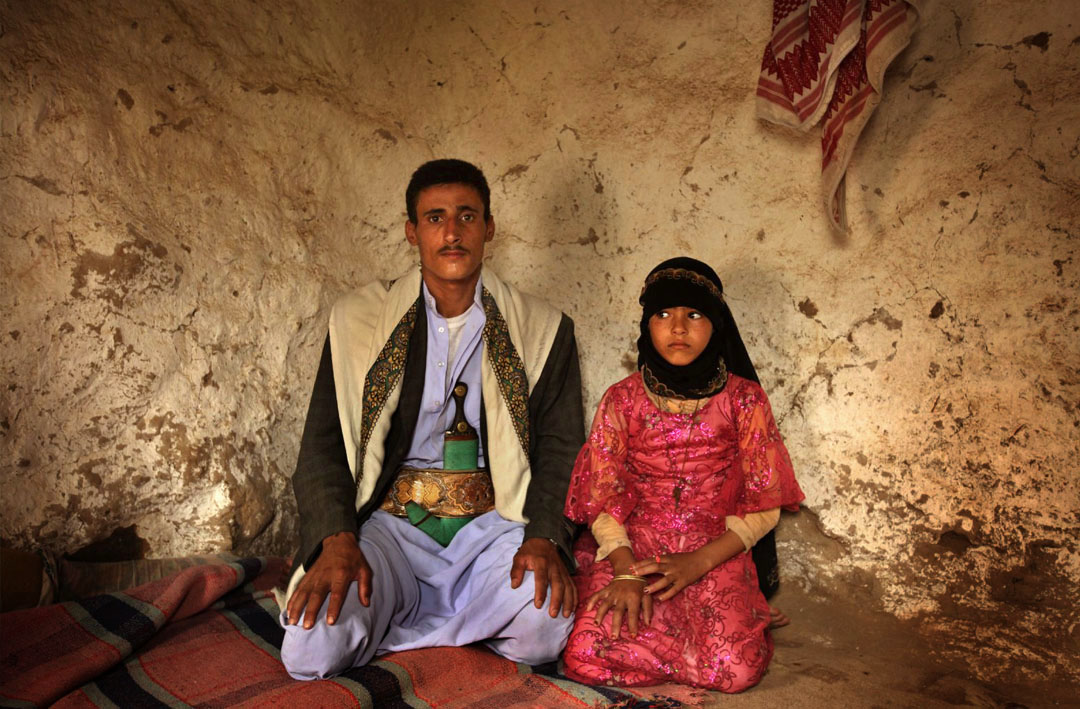











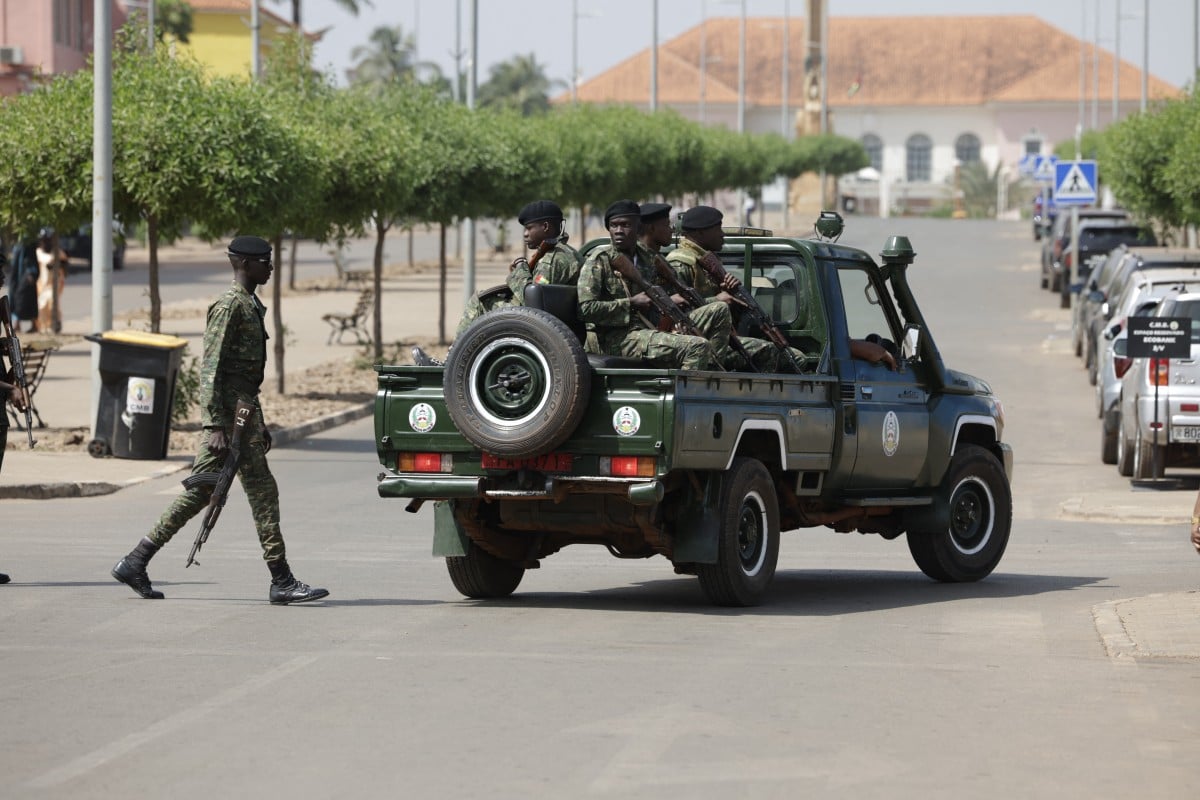
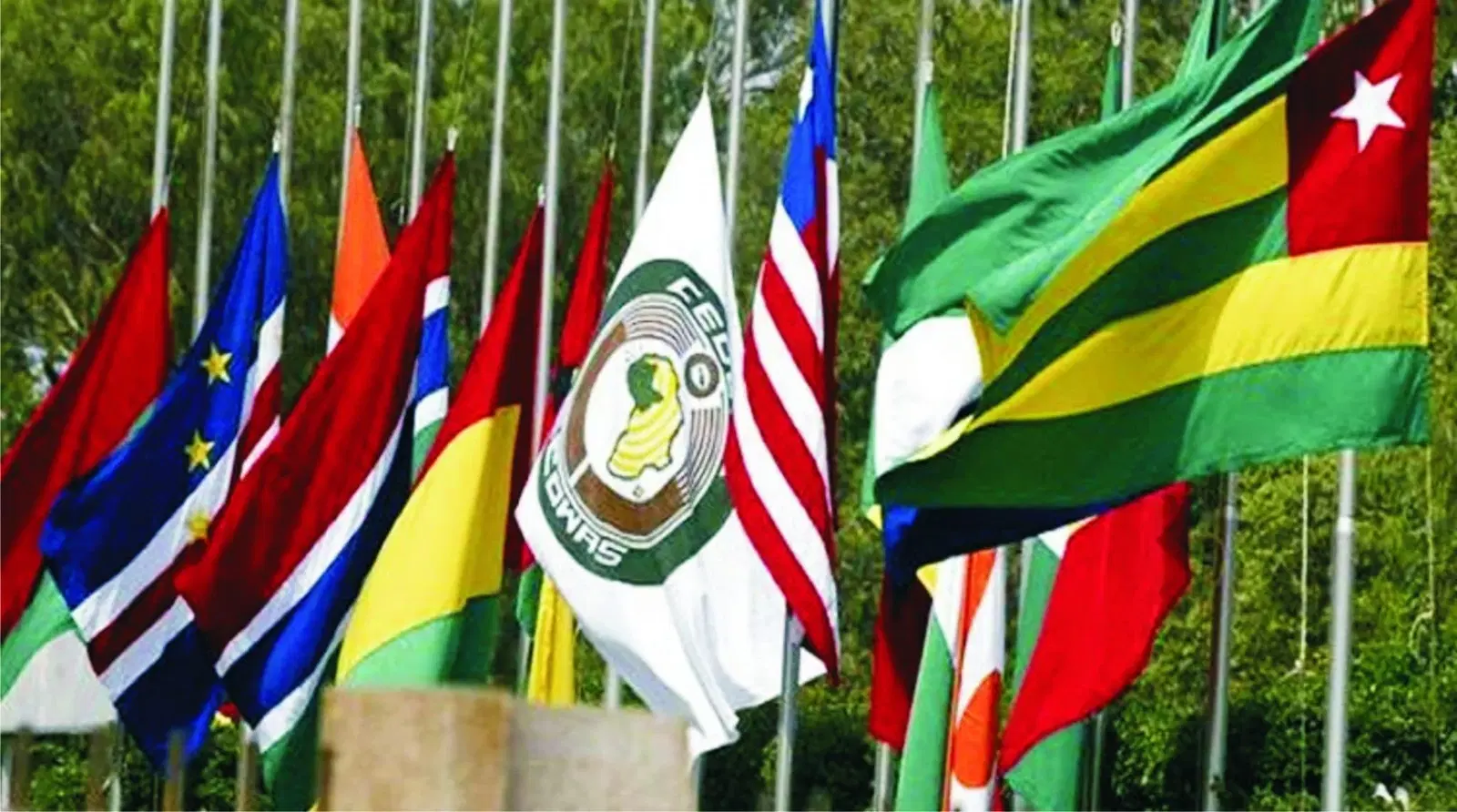
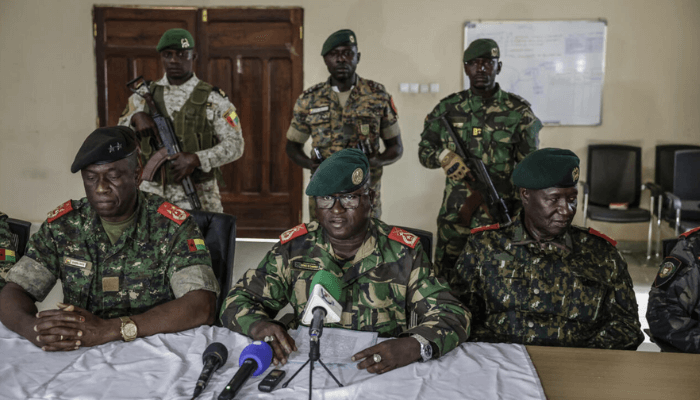


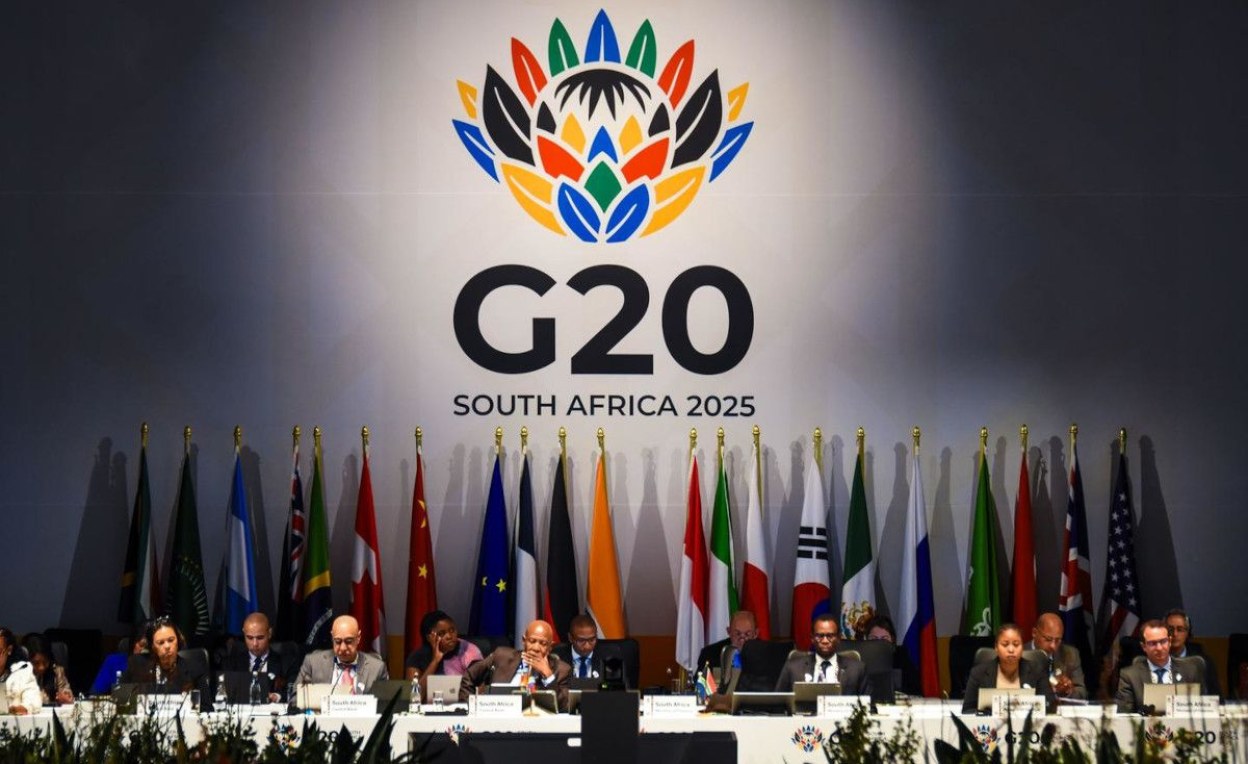



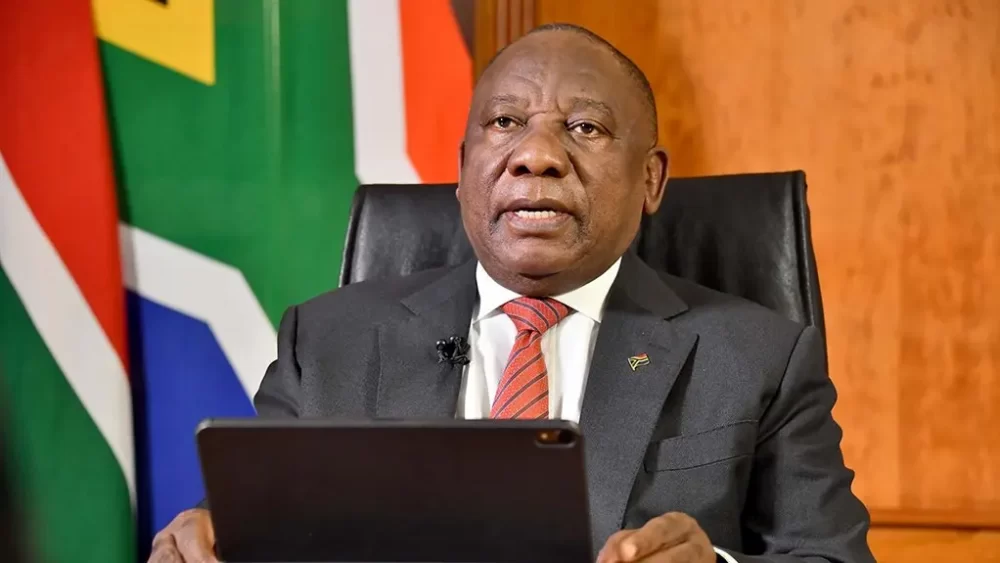

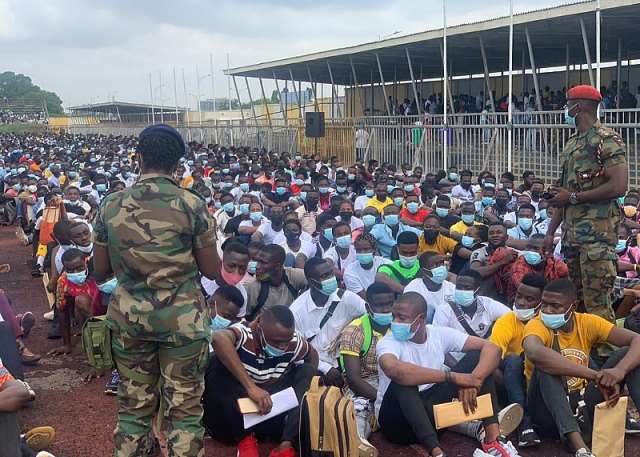
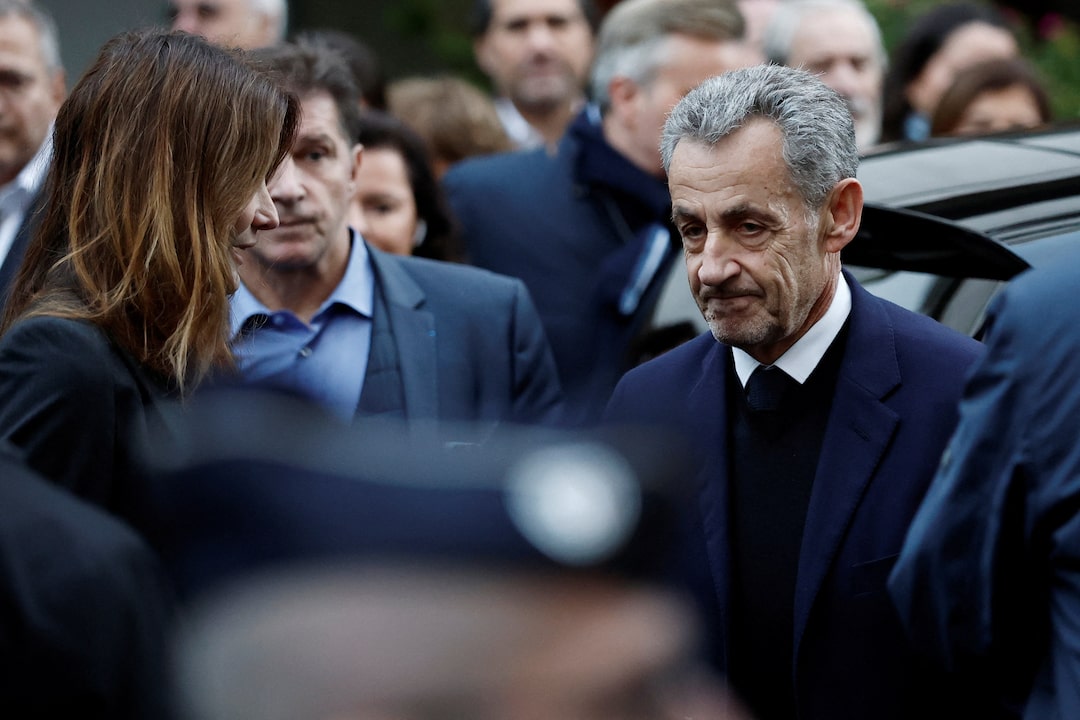
Leave a comment